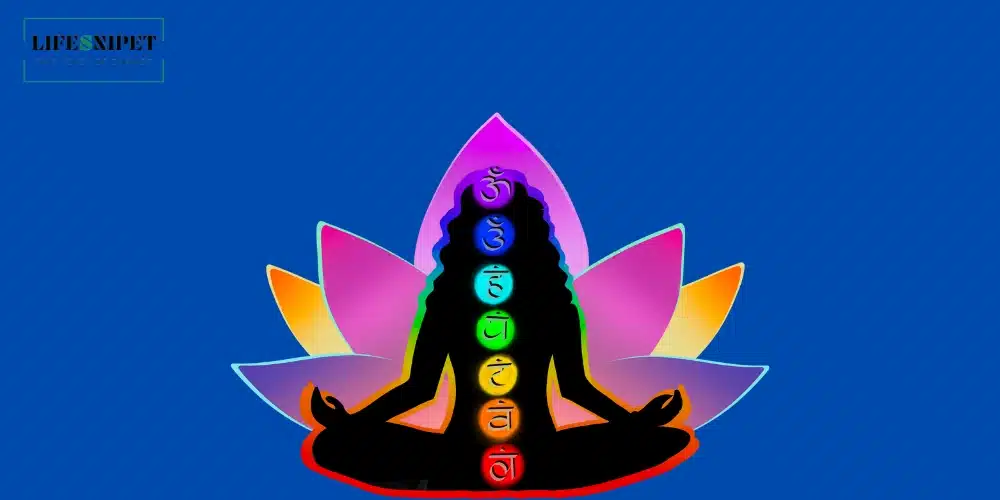Transcendental Meditation, also known as TM, is a technique that allows individuals to access higher states of consciousness through the practice of silent mantra meditation. This ancient practice originated in India and was widely popularized by Maharishi Mahesh Yogi in the 1950s and 1960s.
The history and origins of Transcendental Meditation
Transcendental Meditation traces its roots back to the ancient Vedic tradition of India. The technique was rediscovered by Maharishi Mahesh Yogi, who became its foremost exponent and introduced it to the Western world. Maharishi Mahesh Yogi drew upon the ancient texts of the Vedas and developed a structured program to teach Transcendental Meditation to people from all walks of life.
How Transcendental Meditation Works
Transcendental Meditation involves the use of a personally assigned mantra, which is a non-verbal sound or phrase that is repeated silently in the mind. This mantra acts as a vehicle to take the practitioner beyond the surface level of thinking and into deeper, more expanded states of consciousness. By practicing TM regularly, the mind becomes more quiet and settled, allowing the individual to experience a state of transcendence.
The benefits of Transcendental Meditation
Transcendental Meditation offers a multitude of benefits for individuals who incorporate the practice into their daily routine. Research has shown that TM can reduce stress, anxiety, and depression, improve sleep quality, enhance cognitive function, and promote overall well-being. Regular practitioners of TM often report increased creativity, improved relationships, and a deeper sense of inner peace and fulfillment.
Scientific Research on Transcendental Meditation
Over the past several decades, there has been a significant amount of scientific research conducted on the effects of Transcendental Meditation. Numerous studies have demonstrated its positive impact on various aspects of mental and physical health. For example, research has shown that TM can lower blood pressure, reduce the risk of heart disease, and improve brain function. These findings have contributed to the growing acceptance and integration of TM into mainstream healthcare practices.
The process of learning Transcendental Meditation
Learning Transcendental Meditation typically involves attending a course taught by a certified teacher. During the course, individuals are instructed on how to properly practice TM and given a personal mantra. The technique is effortless, making it accessible to people of all ages and backgrounds. With regular practice, individuals can gradually deepen their experience of transcendence and integrate TM into their daily lives.
Tips for practicing Transcendental Meditation
To get the most out of your Transcendental Meditation practice, it’s important to create a conducive environment. Find a quiet and comfortable space where you won’t be disturbed. Set aside a specific time each day for your meditation practice. It’s recommended to practice TM twice a day for 20 minutes each session. Remember to approach the practice with an open mind and without any expectations. Allow yourself to fully surrender and let go during the meditation process.
Transcendental Meditation for stress relief and relaxation
One of the key benefits of Transcendental Meditation is its ability to reduce stress and promote relaxation. The practice of TM allows the mind to settle into a state of deep rest, releasing stress and tension from the body. Regular meditation has been shown to lower cortisol levels, which is the hormone associated with stress. By incorporating TM into your daily routine, you can experience a greater sense of calm, balance, and resilience in the face of life’s challenges.
Transcendental Meditation and Spirituality
While Transcendental Meditation is not inherently tied to any specific religious or spiritual belief system, it has often been associated with the exploration of higher states of consciousness and spiritual growth. Through the practice of TM, individuals can tap into their inner essence and connect with a deeper sense of self. Many practitioners report a greater sense of connectedness to others and the world around them, as well as a heightened sense of purpose and meaning in life.
Transcendental Meditation and personal growth
Transcendental Meditation is not only a technique for relaxation and stress relief but also a powerful tool for personal growth and self-development. By accessing higher states of consciousness, individuals can gain new insights, expand their awareness, and unlock their full potential. The regular practice of TM can help individuals cultivate qualities such as clarity, intuition, creativity, and emotional resilience. As a result, many practitioners find that they experience greater success, fulfillment, and overall well-being in all areas of their lives.
Other forms of meditation compared to Transcendental Meditation
There are various forms of meditation available, each with its unique approach and benefits. While Transcendental Meditation shares similarities with other practices such as mindfulness meditation and Zen meditation, it has distinct characteristics that set it apart. TM is effortless and requires no concentration or control of the mind. It is practiced in a seated position with closed eyes, allowing the mind to naturally settle into a state of transcending. Unlike some other forms of meditation, TM does not involve focusing on the breath or observing thoughts and sensations. Instead, it offers a direct pathway to experiencing pure consciousness.
Transcendental Meditation courses and teachers
To learn Transcendental Meditation, it is recommended to attend a course taught by a certified TM teacher. These courses provide comprehensive instruction and support to help individuals establish a regular meditation practice. Certified TM teachers undergo extensive training and adhere to a standardized curriculum to ensure the highest quality of instruction. The Transcendental Meditation technique is taught in a systematic and personalized manner, allowing each individual to receive the most effective guidance for their unique needs and aspirations.
Conclusion
Transcendental Meditation is a powerful technique that offers individuals a practical and accessible pathway to accessing higher states of consciousness. With its origins in ancient Vedic tradition and its widespread popularity today, TM has been recognized as a valuable tool for reducing stress, enhancing well-being, and promoting personal growth. Scientific research continues to support the benefits of TM, further validating its efficacy. By incorporating Transcendental Meditation into your daily routine, you can experience profound transformations and unlock your full potential.
FAQs
Q: How is Transcendental Meditation different from other forms of meditation?
A: Transcendental Meditation differs from other forms of meditation in its effortless nature and its focus on accessing higher states of consciousness, rather than focusing on the breath or observing thoughts.
Q: Can anyone learn Transcendental Meditation?
A: Yes, Transcendental Meditation is suitable for people of all ages and backgrounds. The technique is simple and does not require any specific beliefs or abilities.
Q: How long does it take to learn Transcendental Meditation?
A: The process of learning Transcendental Meditation typically involves attending a course over a few days. During this time, individuals receive personalized instruction and guidance to establish their practice.
Q: Can busy individuals practice Transcendental Meditation?
A: Absolutely. Transcendental Meditation can be easily incorporated into a busy lifestyle. The recommended practice is to meditate twice a day for 20 minutes each session, and these sessions can be scheduled at convenient times throughout the day.
Q: Is Transcendental Meditation a religious practice?
A: No, Transcendental Meditation is not a religious practice. It is a technique that people from all religious and non-religious backgrounds can practice.
Q: Are there any side effects of Transcendental Meditation?
A: Transcendental Meditation is a safe and natural practice with no known side effects. However, as with any new practice, individuals may experience adjustments or changes as they integrate TM into their daily lives.

Welcome to LifeSnipet! At LifeSnipet, we’re your ultimate source for the latest health updates. Specializing in health and fitness-related diseases, we delve deep into Ayurvedic techniques, providing you with a comprehensive understanding of well-being. Explore our real-time updates, detailed articles, and ancient Ayurvedic wisdom for a holistic approach to health. Embark on a journey to a healthier, vibrant life with LifeSnipet – where your well-being is our priority!











